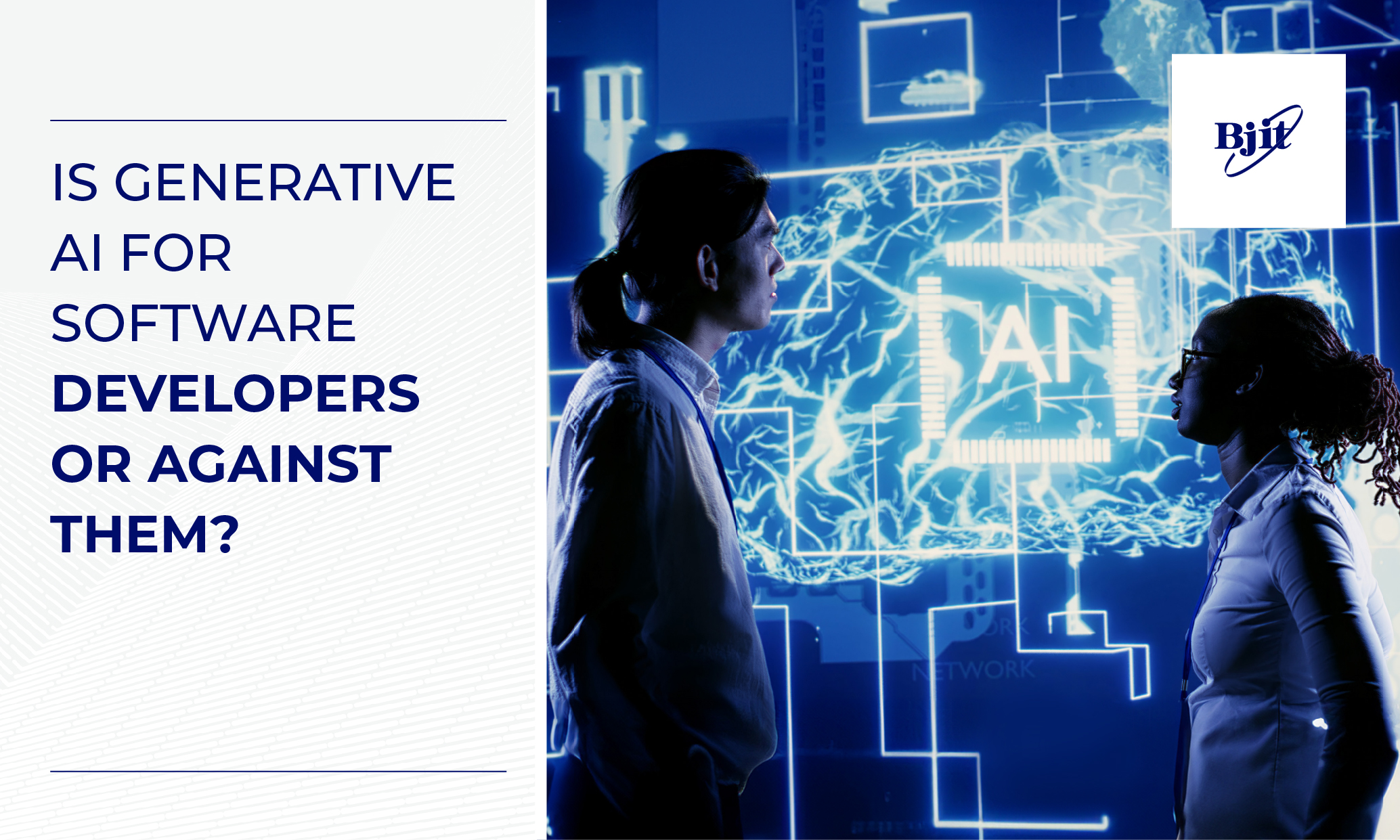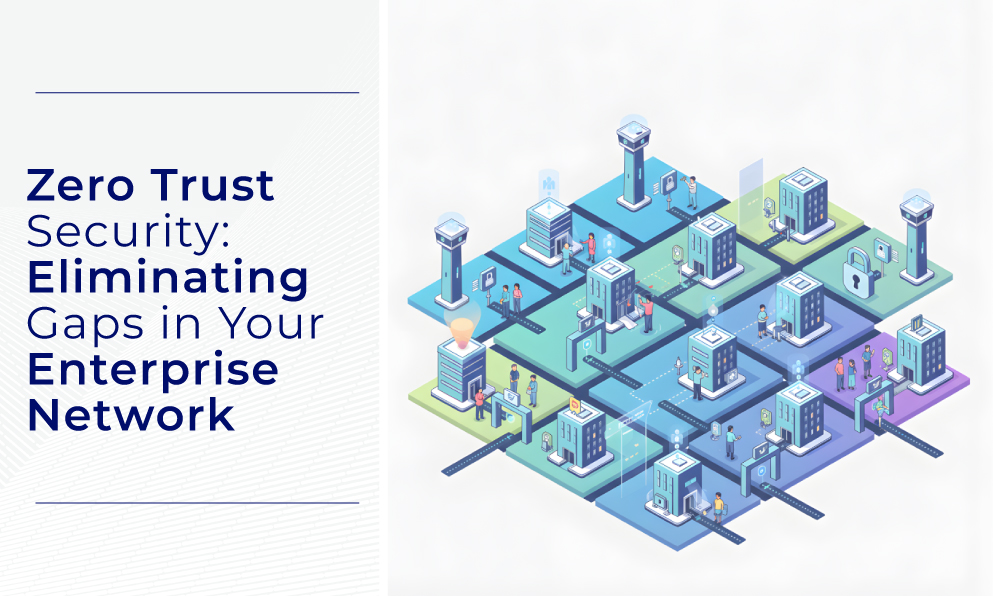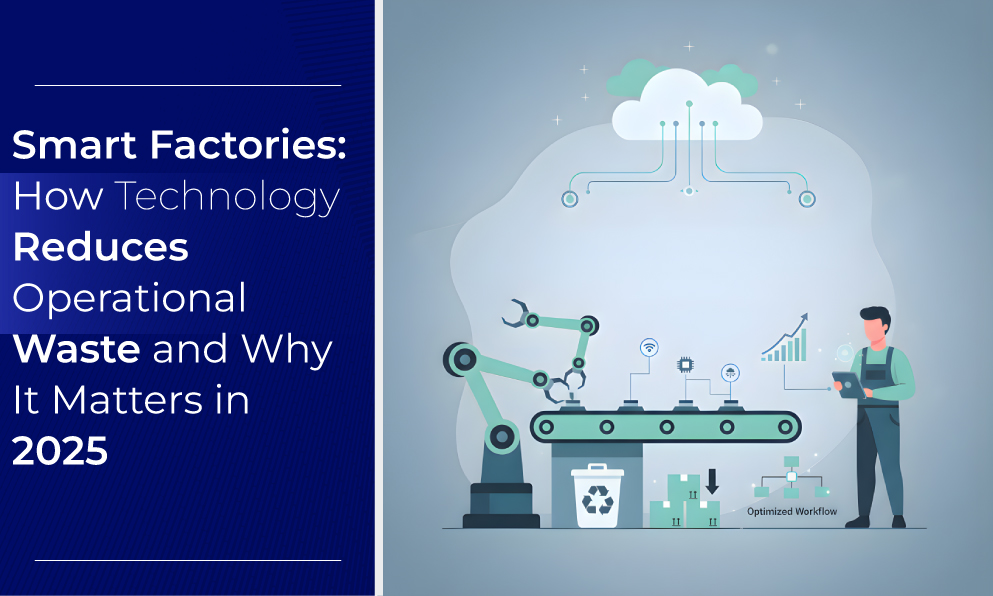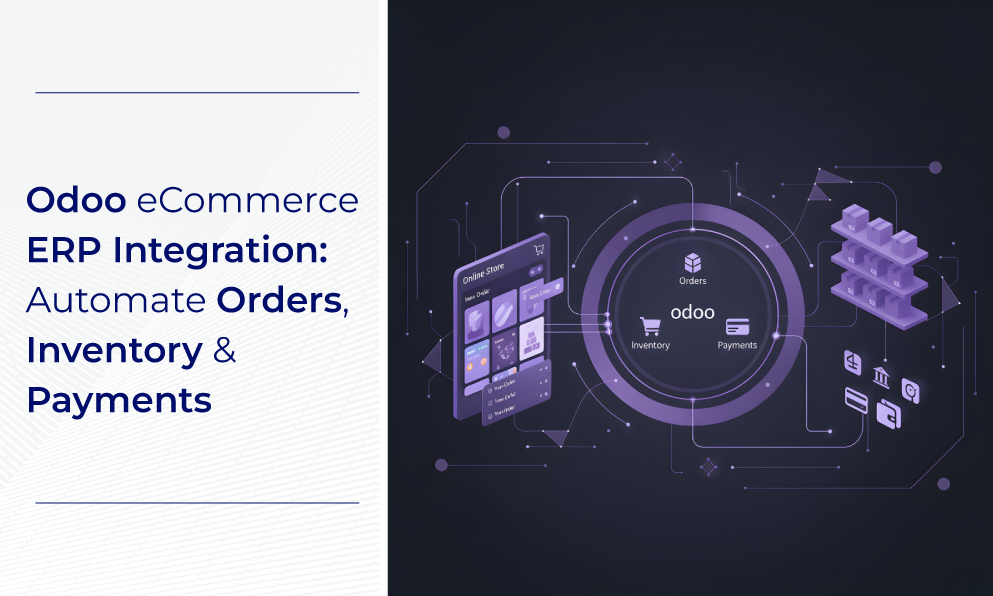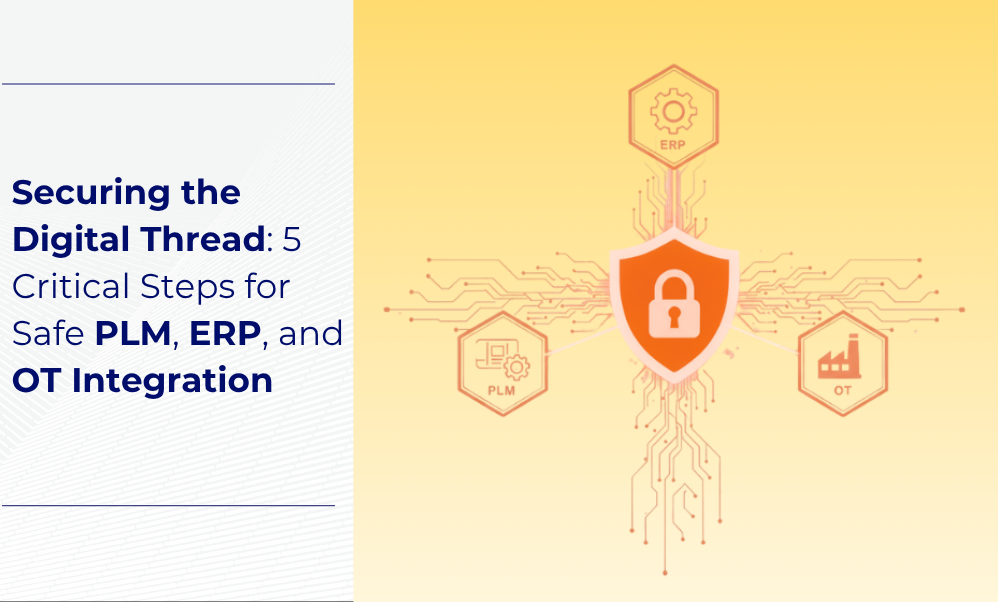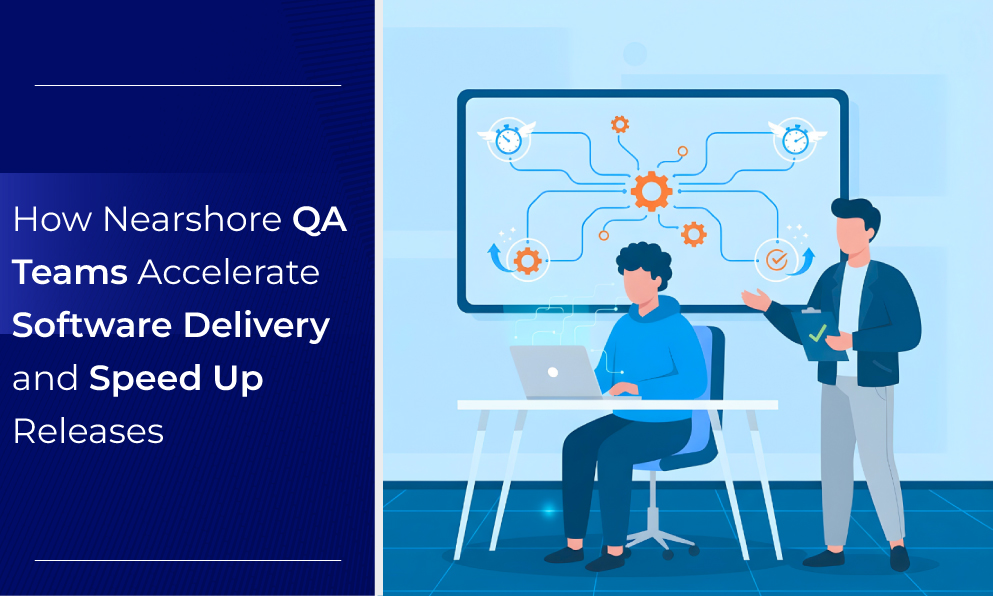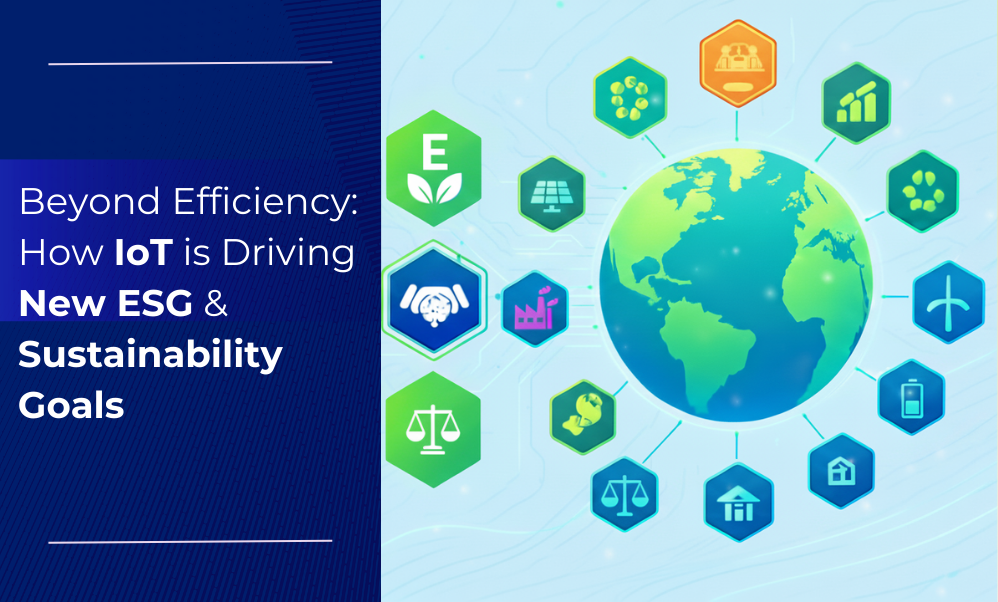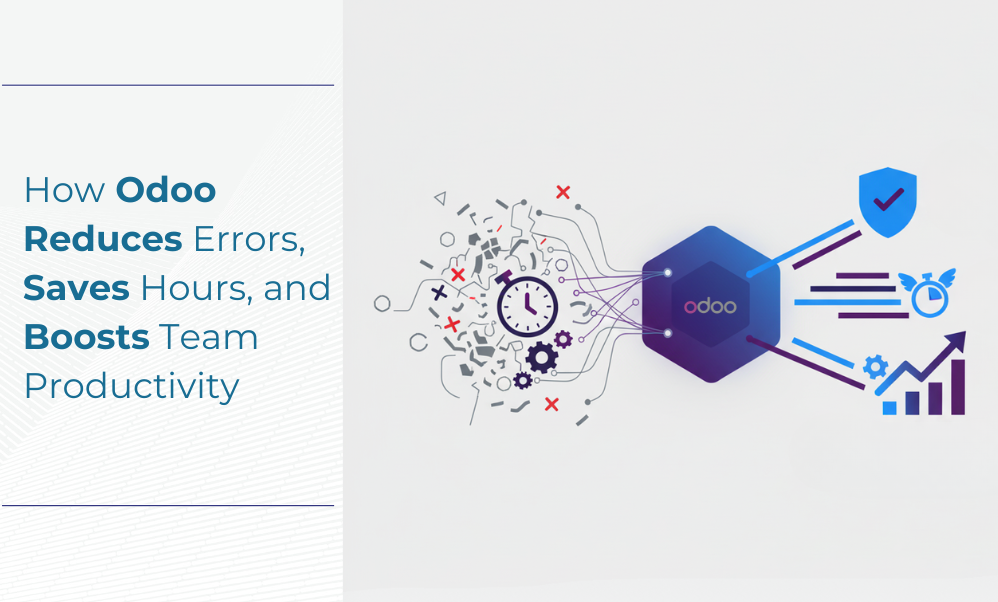Running an organization is always challenging. Managing resources effectively is one of the most important things that you can’t mess up in the organization. An enterprise resource planning (ERP) system is the weapon to manage resources effectively.
Odoo and SAP are two of the market leaders for ERP systems. They offer all the features and functionalities that an organization requires to manage its resources.
So, which one you should use? Well, today, we will try to find that answer in this blog.
Odoo vs SAP: Which One is Better?
What is Odoo?
Odoo is an open-source enterprise resource planning (ERP) software system that includes a wide range of business applications. Startups and small to medium-sized organizations (SMEs) may take advantage of its adaptability and cheap upfront costs. As it’s a modular design solution, it lets them add just the modules they need.
What is SAP ERP?
SAP is a frontrunner in the business application software industry. Its solutions span many different functional areas, including accounting, human resources, manufacturing, and supply chain management. For decades, SAP ERP Central Component (ECC), the company's core enterprise resource planning (ERP) system, has served as a mainstay for businesses big and small, as well as MNCs.
Pricing Comparison
Because of its open-source nature and flexible pricing mechanism, Odoo often has a cheaper startup cost than SAP. However, variables like customized needs, installation complexity, and continuing support might affect the total cost of ownership.
It's crucial to consider additional factors that may influence the total cost of ownership over the long run. Customized needs can significantly impact the price. Odoo's open-source nature allows for customization, but extensive modifications may require the expertise of external consultants, potentially leading to additional costs.
Installation complexity should also be considered. While Odoo's user-friendly interface and intuitive design make it relatively easy to install, complex business processes or integrations with other systems may require professional assistance, adding to the total cost.
Scalability and Customization
Odoo and SAP are two of the most well-known ERP systems available out there. For numerous organizations, the capacity to expand in tandem with business expansion is essential. Odoo and SAP both adeptly fulfill this requirement.
- Scalability in Odoo:
Due to its modular architecture, Odoo's ability to scale is a critical differentiating factor. Every module is purpose-built to manage distinct business operations, including sales, inventory, manufacturing, and accounting. This enables businesses to implement only the modules they require, thereby decreasing the initial investment and implementation complexity.
Adding modules to the system is straightforward. It guarantees a smooth expansion as the organization develops and finds new needs. BJIT offers Odoo customization services with almost a decade of expertise.
- Scalability in SAP:
The robust architecture and various license models that SAP possesses allow it to provide scalability. Featuring an extensive array of functionalities and industry-specific modules, the SAP ERP suite is intended to facilitate intricate, large-scale business operations. The licensing options provided by SAP enable organizations to select the most suitable deployment model, be it on-premise, cloud-based, or a hybrid approach.
However, scaling specific functional areas of SAP without affecting the complete system may be more difficult due to the system's monolithic architecture. Moreover, SAP implementations are frequently time-consuming and intricate, necessitating the allocation of specialized resources and knowledge.
Implementation and Deployment
To meet the demands of SMEs with minimal IT resources, the open-source enterprise resource planning (ERP) system Odoo stands out for its user-friendly setup and installation procedure. Its simple interface and easy setup allow firms to start up immediately, minimizing disturbance.
Odoo's modular architecture lets enterprises select and install just the modules they require, simplifying deployment. This technique simplifies customization and integration, allowing businesses to profit from ERP systems without IT skills.
On the other hand, SAP is a top proprietary ERP solution that displays an alternative implementation scenario. SAP implementations are more complicated and time-consuming, requiring careful planning and technical knowledge. SAP's components are complex and need substantial modification and integration; thus, organizations commonly hire consultants or system integrators. With dedicated SAP ERP solutions providing division and 5+ years of experience, BJIT offers advisory, implementation, and support to valuable clients.
Implementation might require long project schedules, enormous upfront costs, and committed IT workers. SAP has a wide range of capabilities; however, SMEs with limited resources may prefer a more straightforward solution.
User Interface and User Experience
Odoo and SAP are leading ERP systems. Both provide many features and functions to help businesses run. However, the two systems differ in essential ways in terms of user interface (UI) and user experience (UX).
Odoo features a straightforward, contemporary UI with simple navigation. It streamlines information and tool discovery. It may be customized for users.
Due to its complexity, SAP is more challenging to understand and utilize. Its UI could be more intuitive, and there are more customization possibilities than with Odoo.
Here are the critical differences between Odoo and SAP in terms of UI and UX:
Support and Community
Odoo has a lively community of developers, contributors, and users who actively enhance its development and offer assistance via discussions, documentation, and online materials. On the other hand, SAP, being a large organization, offers focused support services, but it may have a different level of community involvement than it does.
Here is a comparison of the community engagement of Odoo and SAP:
Odoo:
- Active community: Odoo has a large and active community of developers, contributors, and users.
- Collaborative community: The Odoo community is known for its strong sense of collaboration and willingness to help others.
- Wealth of resources: The Odoo community has created a wealth of resources for users, including forums, documentation, and online tutorials.
SAP:
- Dedicated support: SAP offers dedicated support services to its enterprise customers.
- Less active community: SAP's community may not be as active or engaged as Odoo's community.
- Limited resources: SAP's community may have a different level of resources than Odoo's community.
Security and Compliance
Odoo and SAP are serious about keeping data safe and following the rules. However, businesses still need to perform security checks and audits to ensure there are no weak spots.
Here are some additional factors to consider when evaluating the security and compliance of Odoo and SAP:
- Data Encryption: Both Odoo and SAP offer strong data encryption capabilities, ensuring that sensitive information is protected at rest and in transit.
- Access Controls: Odoo and SAP provide granular access controls, allowing businesses to restrict access to sensitive data based on user roles and permissions.
- Security Audits and Penetration Testing: Odoo and SAP undergo regular security audits and penetration testing by independent third-party organizations to identify and address vulnerabilities.
- Compliance Certifications: Both Odoo and SAP have achieved various compliance certifications, such as ISO 27001, GDPR, and PCI DSS, demonstrating their commitment to data protection and regulatory compliance.
- Incident Response Plan: Odoo and SAP have established incident response plans to address security incidents and promptly minimize their impact on businesses.
Wrap Things Up
To sum up, Odoo and SAP are two robust ERP options, each with its own set of advantages and disadvantages. The organization's unique requirements, financial constraints, and long-term goals will determine which option is best. Companies need to weigh their alternatives thoroughly to identify the most excellent match for their needs, whether those needs are related to cost, adaptability, scalability, or characteristics particular to their sector.
FAQs (Frequently Asked Questions)
Is Odoo suitable for large enterprises?
While Odoo is primarily targeted towards SMEs and startups, it can also be scaled and customized to meet the needs of larger enterprises. However, larger organizations may prefer SAP for its extensive features and scalability.
Can I integrate Odoo with other software applications?
Yes, Odoo offers robust integration capabilities, allowing seamless connectivity with third-party applications, APIs, and middleware to streamline business processes and data exchange.
What makes SAP stand out from other ERP solutions?
SAP is renowned for its comprehensive suite of enterprise applications, industry-specific functionalities, global scalability, and extensive support services, making it a preferred choice for large enterprises and MNCs.
